Baby diaper wipes are the essential item every parent needs. Meant for baby bottoms, they're perfect for quick clean-ups of dirty fingers, spilled foods, sticky faces, and any mess that being a parent can throw at you. It's hard to imagine caring for your baby without using baby wipes. Still, there's a lot of talk about the impacts of baby wipes and other care items and their impact on the environment.
With how much you use baby wipes on a daily basis, the question of how you're supposed to dispose of them in an environmentally conscious way is a question that is often asked. So much waste enters the landfills daily, and moving to a biodegradable baby wipe just makes sense. You want to make the best choices in the products you use to help care for your baby, and choosing the right baby wipes is essential.
Are there truly biodegradable baby wipes on the market, and how can you tell? Are they the safest option for your child? Let's get into everything you need to know about choosing the best baby wipes as a parent.
Are Baby Wipes Bad for the Environment?

Most parents cannot function without having a package of baby wipes nearby, and it's understandable. They're convenient and easy to use to clean up just about any mess, in addition to wiping your baby's bottom spotless after a diaper change. Shifting to an environmentally friendly lifestyle means looking into your disposable products and thinking about making a change.
Baby wipes, for most people, don't instantly think about them being bad for the environment, but they can be pretty harmful. Most baby wipes on the market are made with toxic chemicals, harsh fragrances, synthetic fibers, and plastics, and the packaging is non-recyclable. They are adding more waste to the already overflowing landfills in the world and adding to microplastic pollution. They also can cause major blockages in sewers when people flush them down the toilets. Baby wipes, when flushed, often end up in rivers, lakes, and oceans and can cause a lot of harm to wildlife.
Benefits of Using Biodegradable Baby Wipes

Because the standard baby wipes that many parents can't live without are bad for the environment, many parents are looking for convenient replacement options. Switching to a biodegradable baby wipe brand can be the best option to still quickly reach for that wipe while feeling good about the environmental impact.
Biodegradable baby wipes are becoming a more popular choice among parents over the last few years. They provide an option for cleaning your baby's messes that is safe for your child and a better overall choice for the planet, and creates a lot less waste.
Using eco-friendly baby wipes can also create a safer and healthier environment for your baby while improving the world around you. They contain far fewer chemicals and are made with more care and thought about how the wipes affect delicate skin and the Earth. When you clean messes, you want to avoid leaving a chemical mess behind that might do more harm than good. With these simple benefits, it's clear that the future is moving towards a more eco-conscious choice when it comes to baby wipes.
How Can You Tell if Baby Wipes or Wet Wipes Are Biodegradable?
There are a lot of baby wipes on the market that claim to be a better choice for the environment. The problem is many of these companies make claims based on a simple product ingredient and call it eco-friendly. In all actuality, it has a lot of additional harmful chemicals that can negate the eco-friendly label.
Green-washing is a big problem with corporations, and when you want to make better choices for the planet while still choosing quality baby wipes for your little one, how can you know where to begin? Here are a few tips to help you choose a truly biodegradable baby wipe.

Choose Baby Wipes with Only Organic Ingredients – Look at the ingredients when shopping for baby wipes. You want to find a certified organic wipe that lists minimal ingredients. Truly biodegradable baby wipes are made from materials such as wood pulp, bamboo, organic cotton, and more.
Avoid Harsh Fragrances – Wipes don't need to smell great to get the job done, but many wipe companies include adding synthetic fragrances to help boost the scent and advertise that it helps with smelly messes. If you do prefer scented wipes, go for the wipes that include organic essential oils.
Look For Wipes with No Chemicals – Many wipes include alcohol, parabens, phthalates, and chlorine in their ingredients. These chemicals can harm delicate skin and are not an eco-friendly option.
Be Aware of the Packaging – Many baby wipes can come in harmful plastic packaging while the wipes themselves are biodegradable. Plastic wrapping contributes to the growing plastic crisis contributing to global warming.
When looking for a biodegradable baby wipe, look for packaging with a little symbol or sign that shows it is 100% biodegradable. Biodegradable wipes might not always have the symbol, which is why it's important to look at the ingredients and the packaging.
It can be overwhelming when you have your hands full as a parent and try to be environmentally friendly with the clean-up in your home. Every little change to be sustainable makes a big difference. Switching to biodegradable and eco-friendly baby wipes is a simple way to positively impact the planet and as a healthier choice for your baby's delicate skin.
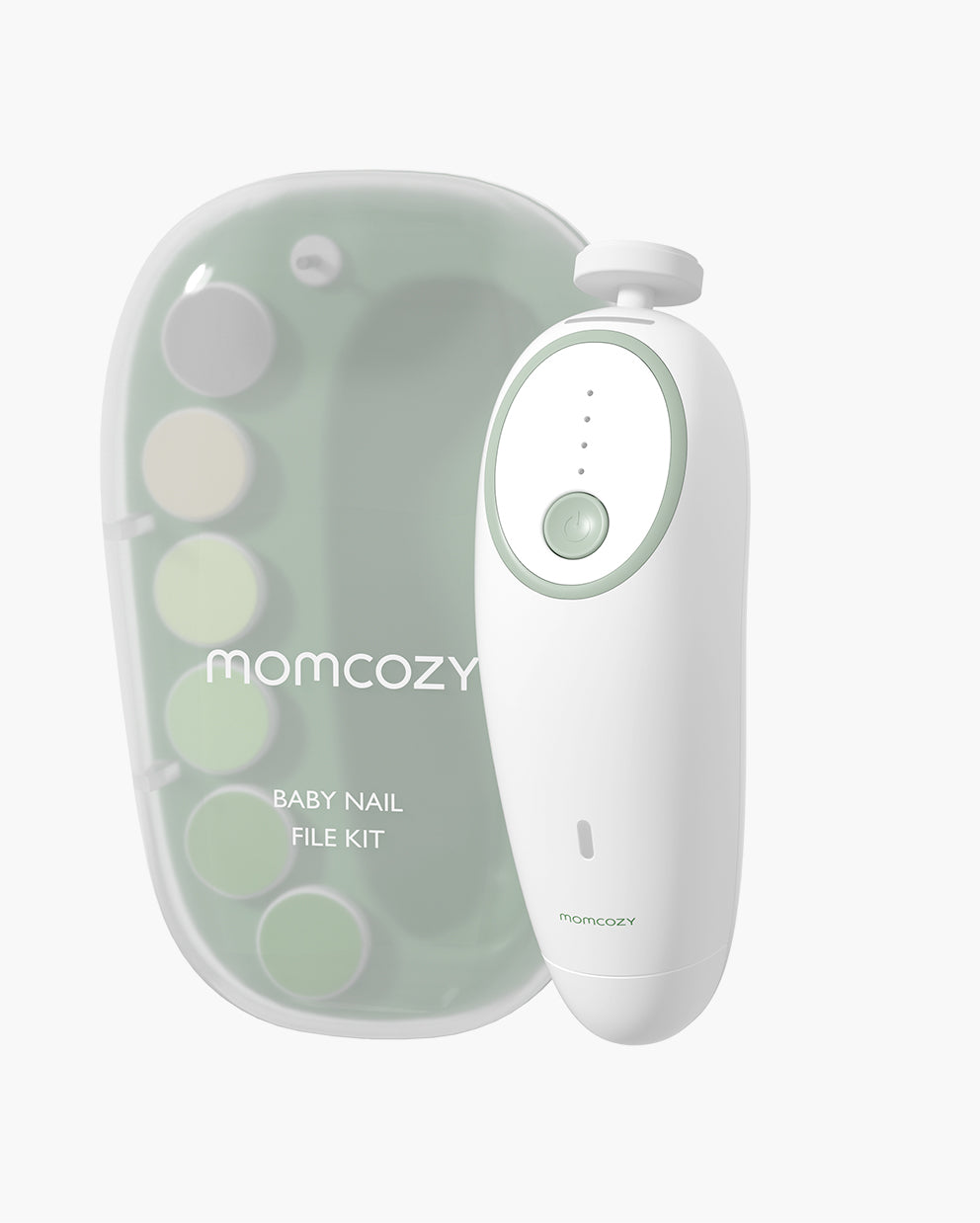
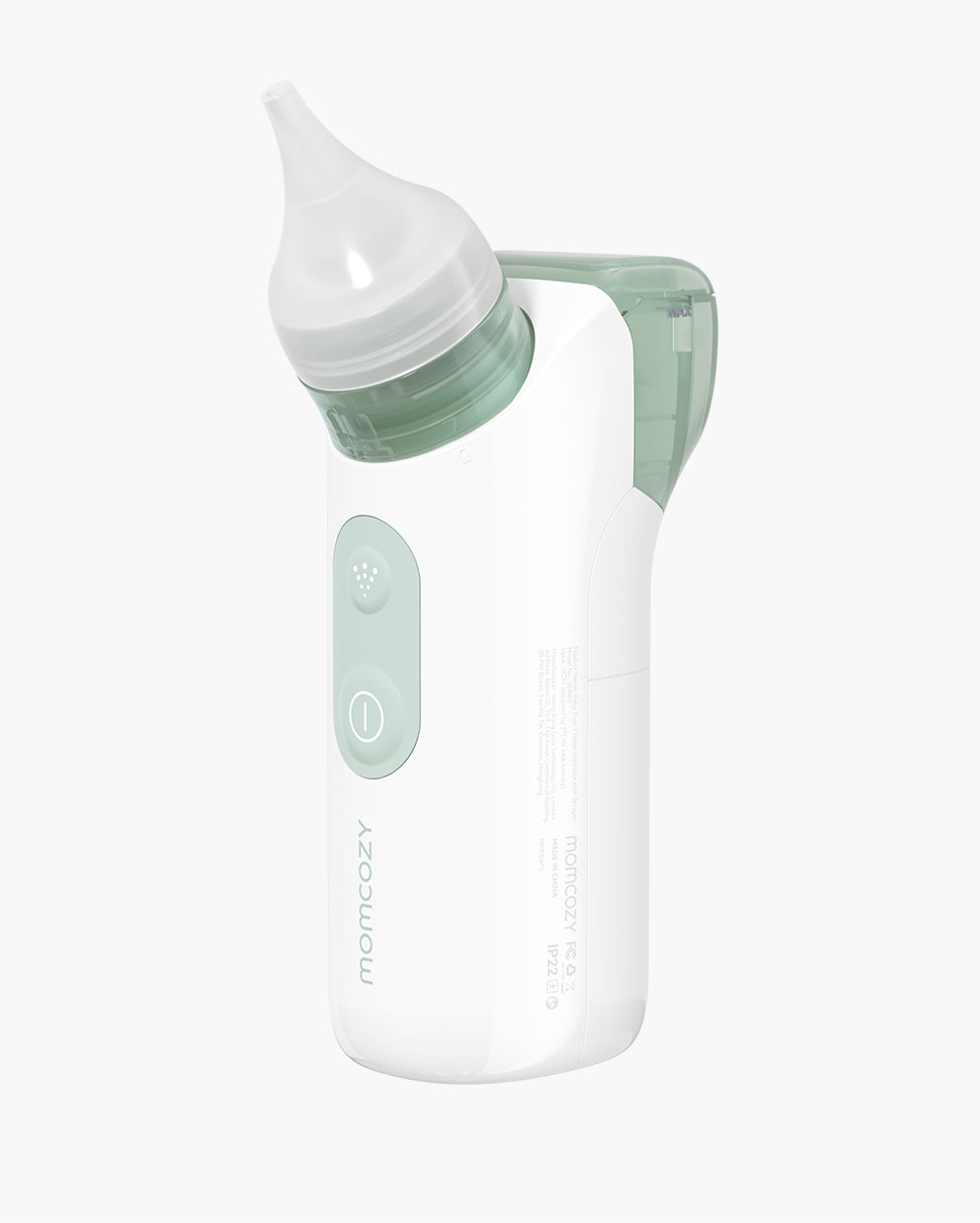
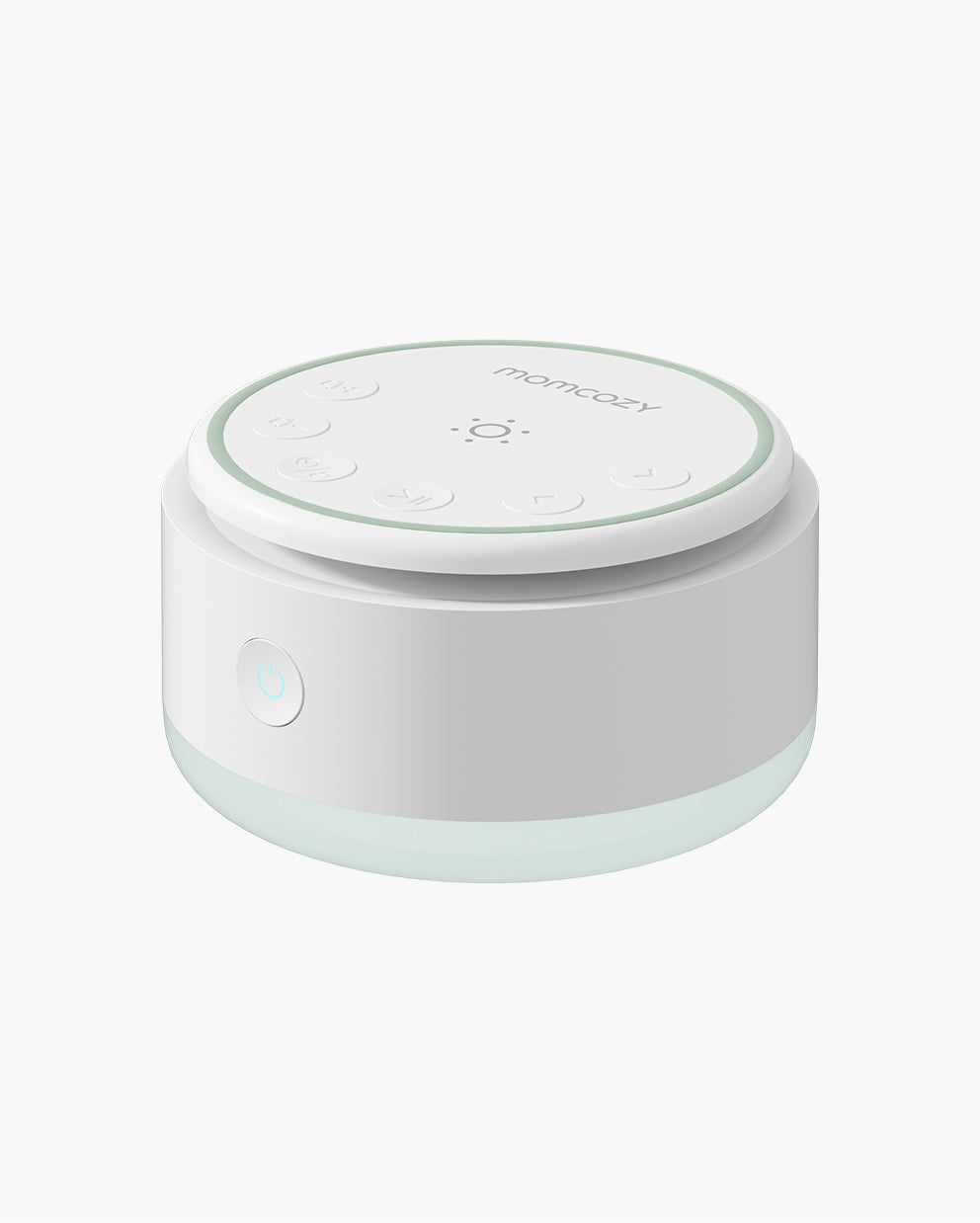
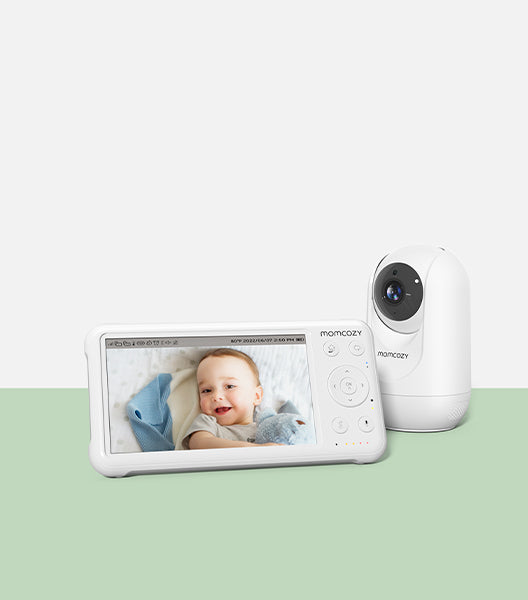
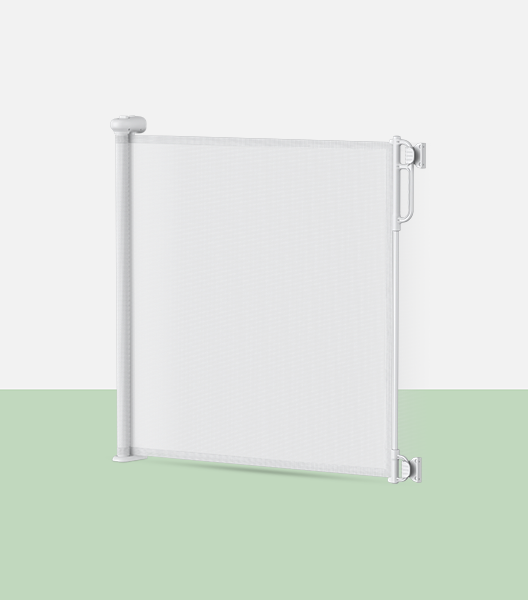
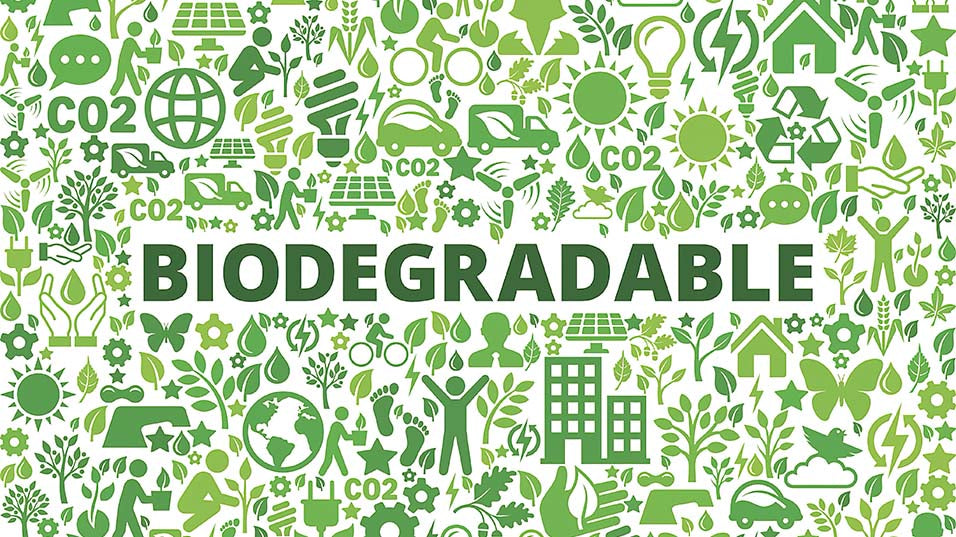
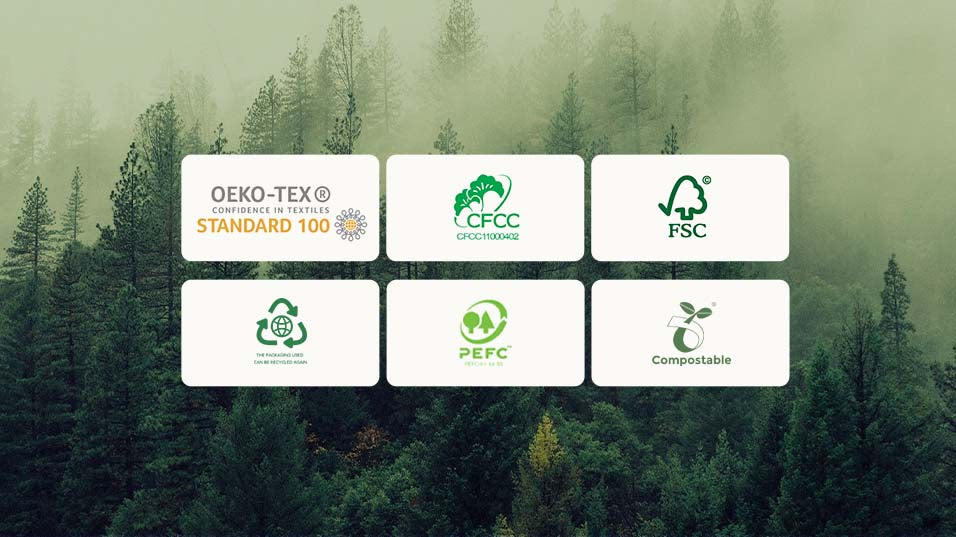
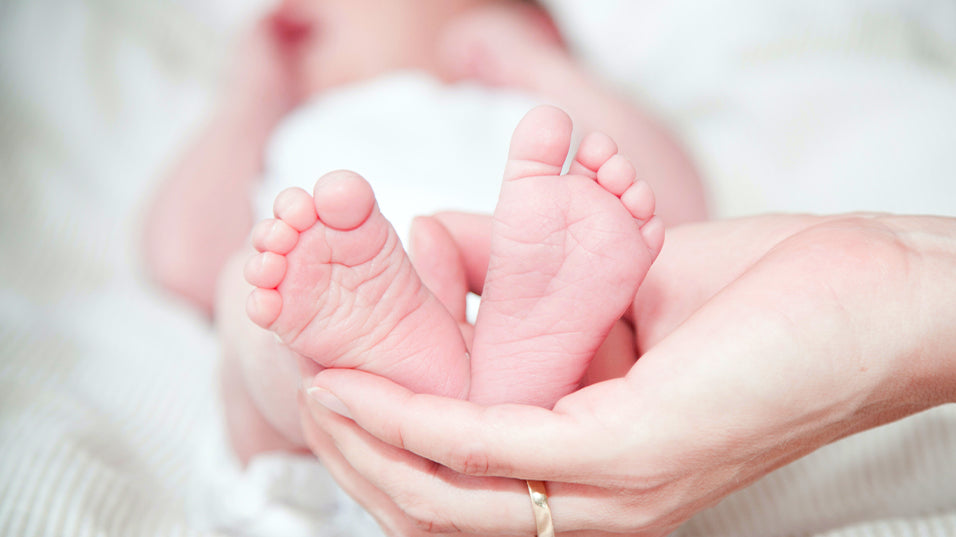
Leave a comment
This site is protected by hCaptcha and the hCaptcha Privacy Policy and Terms of Service apply.